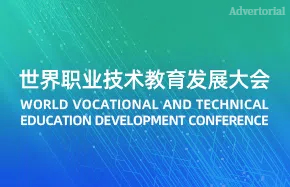GNIS hosts first International Cooperation Salon on New Quality Productive Forces

The first International Cooperation Salon on New Quality Productive Forces, part of the Contact Beijing ? Global Network for Innovation Services (GNIS), was successfully held at the Zhongguancun National Independent Innovation Demonstration Zone Exhibition and Trade Center in Beijing on August 16.
The event was co-hosted by the Beijing Overseas Talents Center and the Haidian District Human Resources Bureau, bringing together tech talents and entrepreneurs from around the world. The discussion centered on "New Quality Productive Forces and Technological Innovation from a Global Perspective," aiming to contribute insights and efforts towards leveraging new quality productive forces to drive technological and economic development and synchronize youth innovation with the global technological frontier.
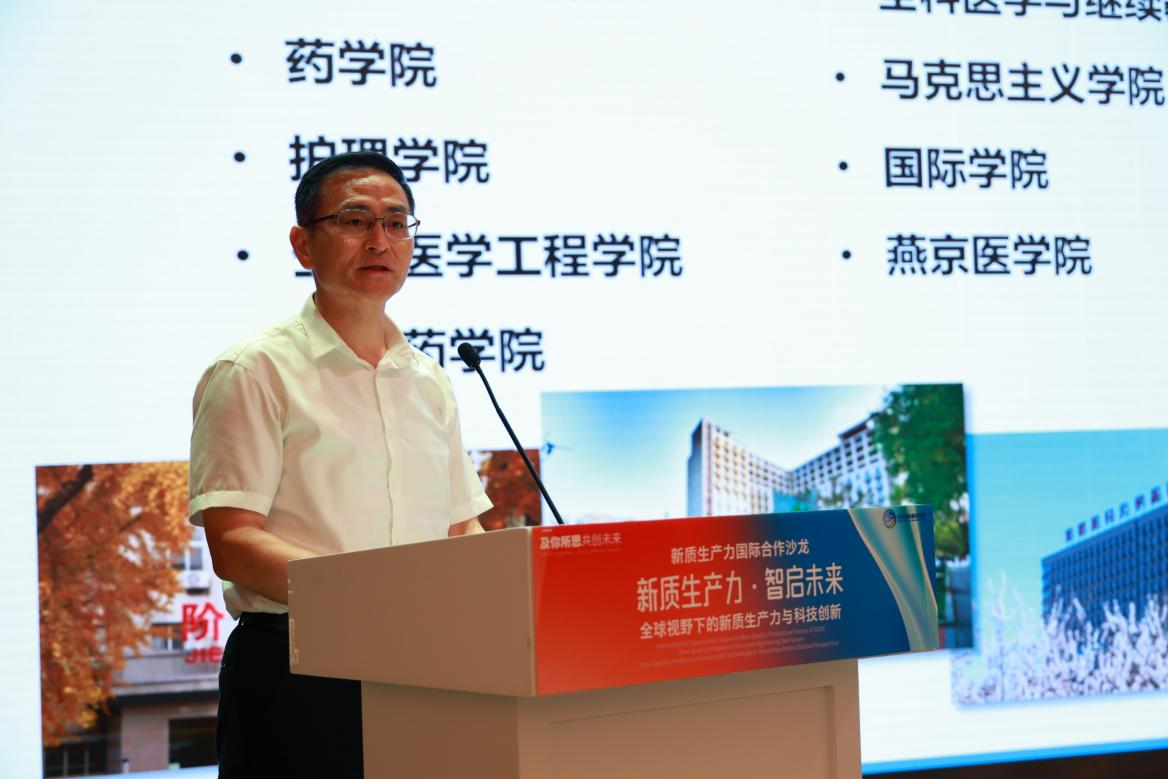
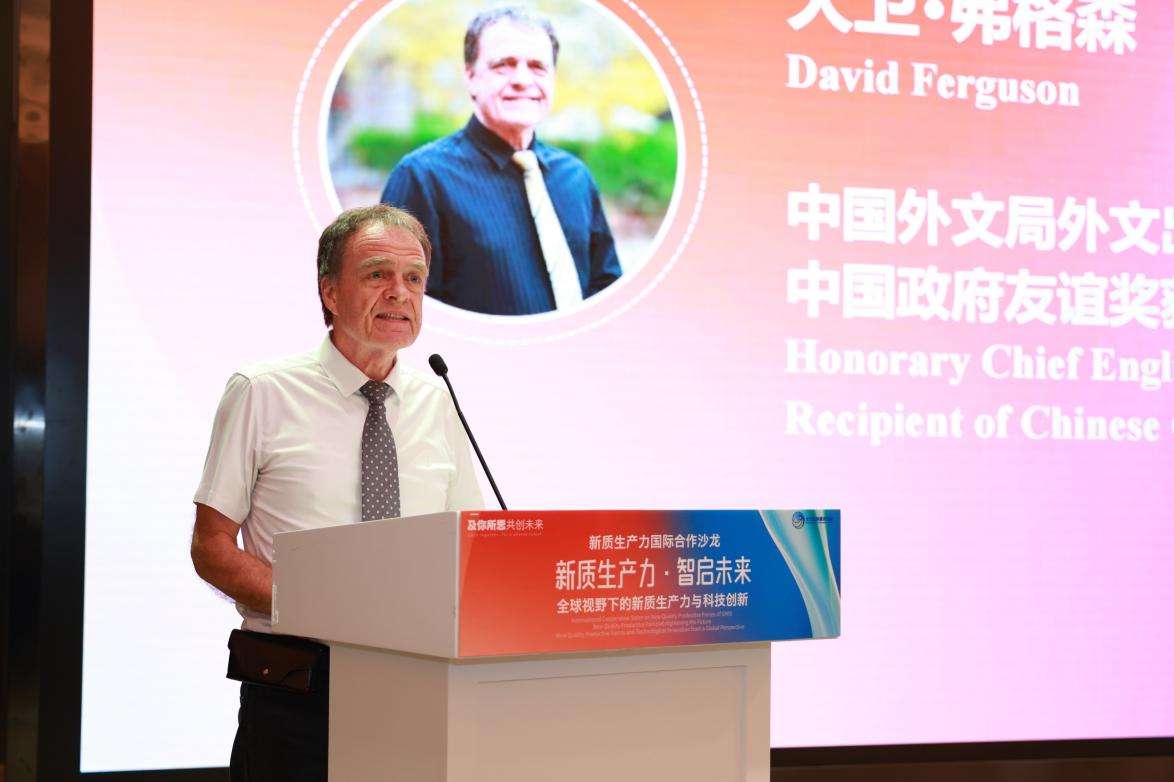
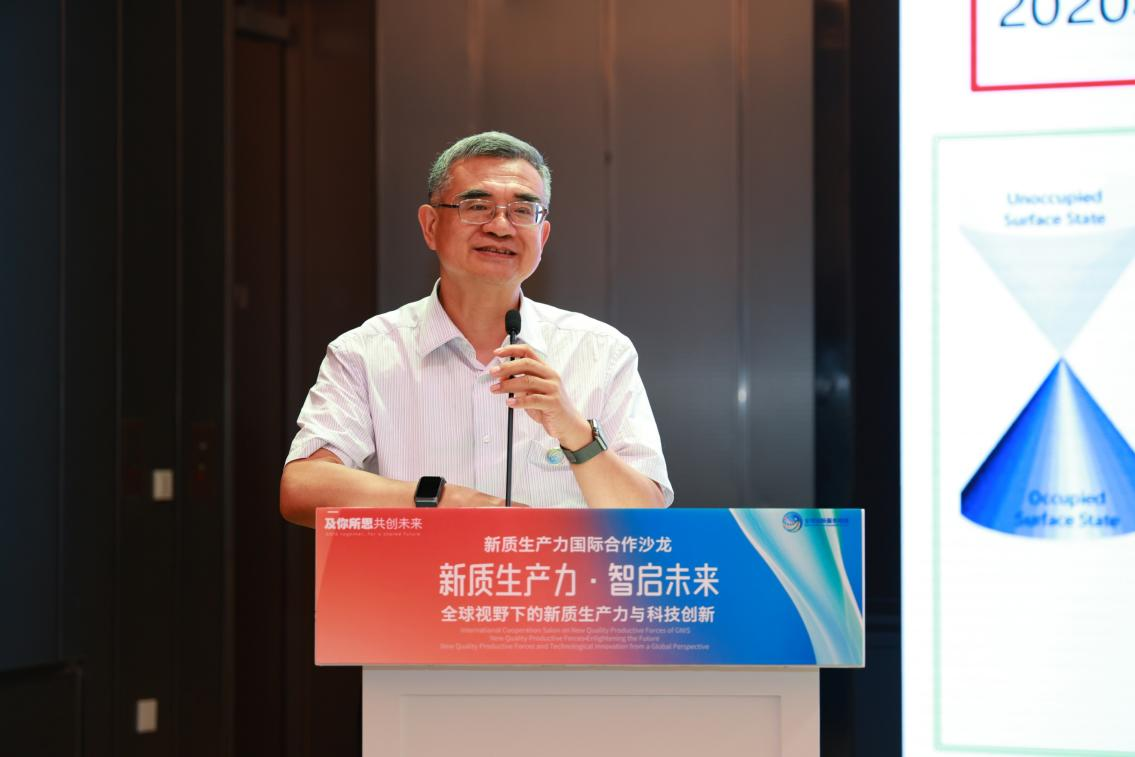
The new quality productive forces, characterized by high-tech, high efficiency, and high quality, are primarily driven by technological innovation. During the first salon, renowned experts and scholars, including Ji Xunming, an academician of the Chinese Academy of Engineering, a member of the Academic Advisory Committee of the Chinese Academy of Medical Sciences, and vice-president of Capital Medical University; David Ferguson, honorary chief English editor of the China Foreign Languages Press and recipient of the Chinese Government Friendship Award; and Long Guilu, a professor at Tsinghua University and vice-president of Beijing Academy of Quantum Information Sciences, offered profound interpretations of the significance, current status, challenges, and strategies for the development of new quality productive forces in the new era, particularly within the fields of life sciences, innovation development, and quantum information.
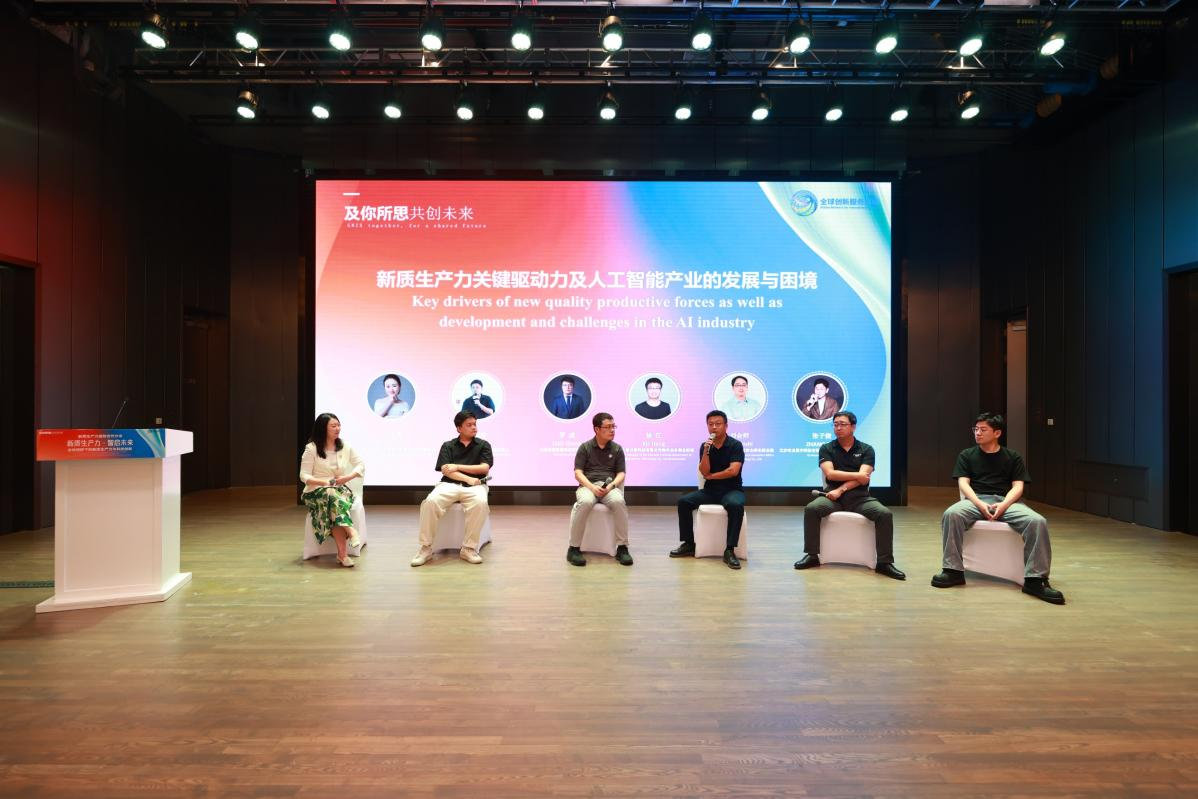
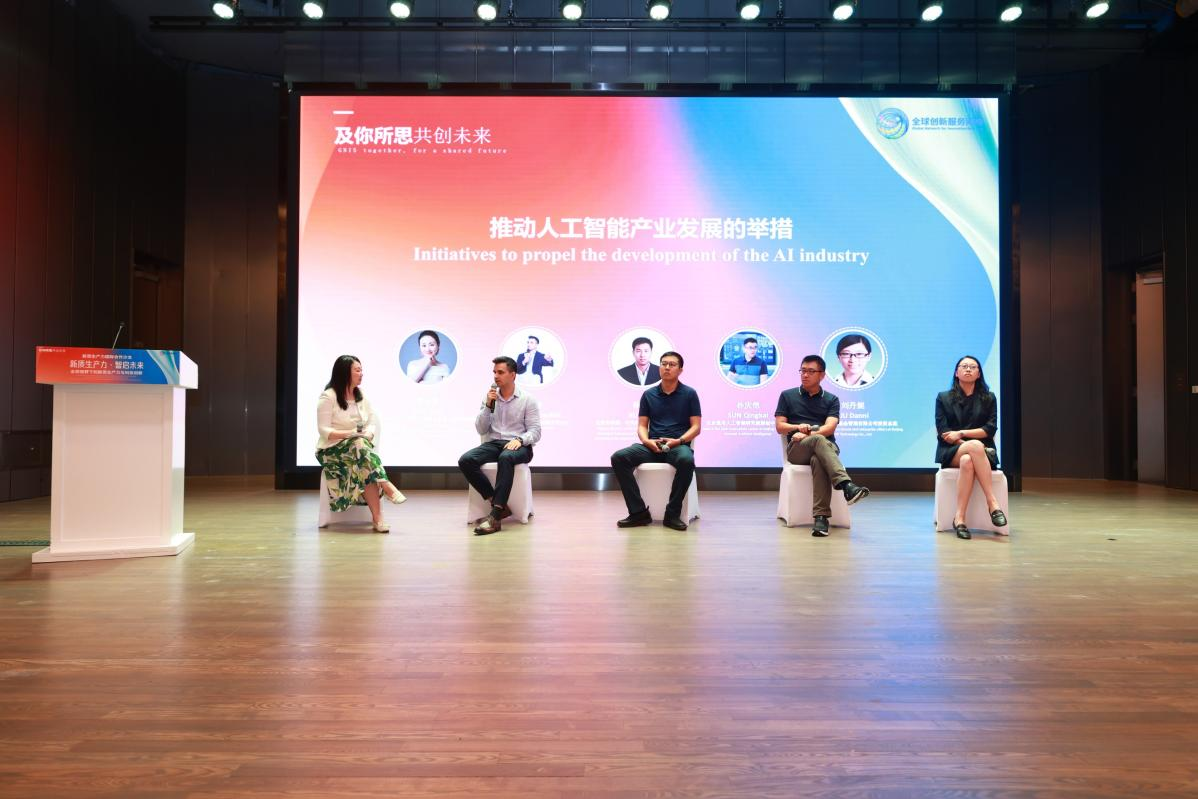
The event also featured two "Roundtable Dialogues," which saw the participation of Xu Chen, deputy director of the Information Center of the Beijing Municipal Science and Technology Commission and the Administrative Commission of Zhongguancun Science Park; Wahed Ahmadzai, CEO and founder of NHUB; Sun Qingkai, head of the joint innovation center at Beijing Institute for General Artificial Intelligence; Liu Danni, director of investment at Beijing Shunxi Private Equity Fund Management Co., Ltd ; Fan Jiarui, head of investment & financing at Beijing Shengshu Technology Co., Ltd; Luo Cheng, CEO of MegaTech.AI; Xu Jiang, general manager of the overseas business department at Beijing ZetYun Technology Co., Ltd (DataCanvas); Liu Huishi, vice-president of government and enterprise affairs at Beijing DP Technology Co., Ltd; and Zhang Zijie, co-founder of LiblibAI.
These representatives from the AI and technological innovation sectors engaged in discussions on such topics as "Initiatives to propel the development of the AI industry" and "Key drivers of new quality productive forces as well as development and challenges in the AI industry." The roundtables explored pathways for government, enterprises, and research institutions to collaboratively advance the AI industry, as well as methods for AI to empower new quality productive forces.
The GNIS is an international platform for talent connection and exchange, and was established under the guidance of the Beijing Municipal Human Resources Bureau and initiated by the Beijing Overseas Talents Center in collaboration with domestic and international partner organizations. Adhering to the principles of consultation, co-construction, and shared benefits, GNIS aims to promote international talent exchange, attract and gather innovative elements, and provide strong international talent support for the construction of Beijing as an international center for scientific and technological innovation, as well as in the development of the "Two Zones".
The International Cooperation Salon on New Quality Productive Forces serves as a high-end, think-tank-style academic exchange platform that brings together resources from around the world, with a focus on transformative technological innovations in AI, life sciences, hydrogen technology, and more. It aims to help young talents both at home and abroad seize opportunities in the new wave of breakthroughs in the new round of technological revolution and industrial transformation, further attracting global innovation resources to Beijing and extending Beijing's innovation resources to the world.


















